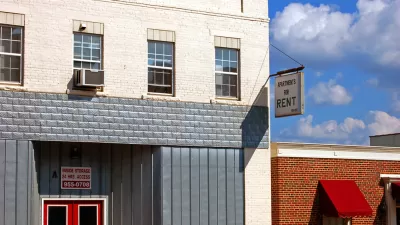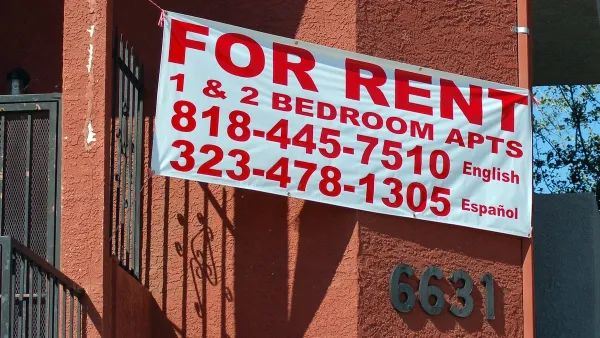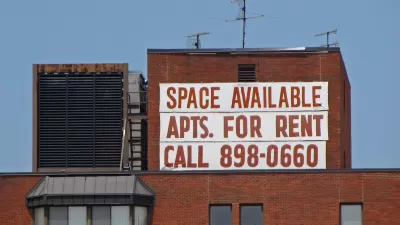The urbanist puts the blame for rising housing costs largely on landlords and property owners, arguing that much of the wealth created by modern capitalism is ‘plowed back into dirt.’

The dispersal of people from major cities during the pandemic could have reduced pressure on housing markets and lowered housing costs. In fact, writes Richard Florida in Bloomberg CityLab, “As knowledge and tech workers spread out in search of more space, housing prices and rents surged in once-affordable communities across the country” while mostly remaining unrelentingly high in big cities.
“Between December 2020 and December 2021, the median US home grew in value by $52,667, out-earning the median worker, who pocketed $50,000.” On the rental side, “Between May 2021 and May 2022, rents rose by more than 15% to an average of more than $2,000 across the nation as a whole.” Meanwhile, institutional investors are buying an increasingly larger share of housing units.
Paradoxically, “At the very time when technology promises to free us from the constraints of geography and open up more choices of places for people to live, real estate has become an even bigger constraint, with housing prices and rents rising across the board and especially in once-affordable parts of the country.”
To explain this, Florida uses Henry George’s theory on economics, which adds a third class of property owners or landlords to Marx’s classic analysis of capitalists and workers. Rather than capital taking surplus value from labor, George argues that “it is landlords who walk away with the surplus generated by both capital and labor.” Building on that theory, Florida argues that “Instead of driving more innovation and growth, the bounty from today’s knowledge economy is instead diverted into rising land costs, real estate prices and housing values,” keeping the fortunes of workers in an untethered, digital economy very much tied to the physical realm.
FULL STORY: How the ‘Rise of the Rest’ Became the ‘Rise of the Rents’

Planetizen Federal Action Tracker
A weekly monitor of how Trump’s orders and actions are impacting planners and planning in America.

Maui's Vacation Rental Debate Turns Ugly
Verbal attacks, misinformation campaigns and fistfights plague a high-stakes debate to convert thousands of vacation rentals into long-term housing.

Restaurant Patios Were a Pandemic Win — Why Were They so Hard to Keep?
Social distancing requirements and changes in travel patterns prompted cities to pilot new uses for street and sidewalk space. Then it got complicated.

In California Battle of Housing vs. Environment, Housing Just Won
A new state law significantly limits the power of CEQA, an environmental review law that served as a powerful tool for blocking new development.

Boulder Eliminates Parking Minimums Citywide
Officials estimate the cost of building a single underground parking space at up to $100,000.

Orange County, Florida Adopts Largest US “Sprawl Repair” Code
The ‘Orange Code’ seeks to rectify decades of sprawl-inducing, car-oriented development.
Urban Design for Planners 1: Software Tools
This six-course series explores essential urban design concepts using open source software and equips planners with the tools they need to participate fully in the urban design process.
Planning for Universal Design
Learn the tools for implementing Universal Design in planning regulations.
Heyer Gruel & Associates PA
JM Goldson LLC
Custer County Colorado
City of Camden Redevelopment Agency
City of Astoria
Transportation Research & Education Center (TREC) at Portland State University
Jefferson Parish Government
Camden Redevelopment Agency
City of Claremont





























